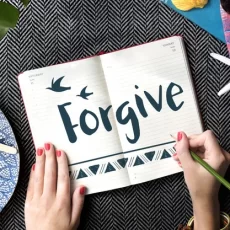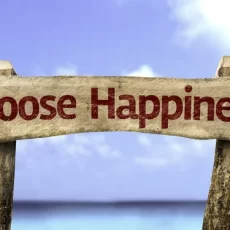In India, freedom like fashion was a taboo for young girls in their growing-up years in, say late 70s – early 80s. There was hardly any freedom given concerning even some major decisions of life. She was dependent on her parents, siblings, or other elders to decide how she would lead her life. Will she be a career woman or a homemaker, nobody asked her and she never questioned their decision. Was she happy then? Yes, because she didn’t know what freedom was like.
She was happy, the way things were…
…She had never tasted freedom!
My question would be: Are we happy when we are free or when we are happy, we are free?
Difficult to decipher, but yes there is a correlation.
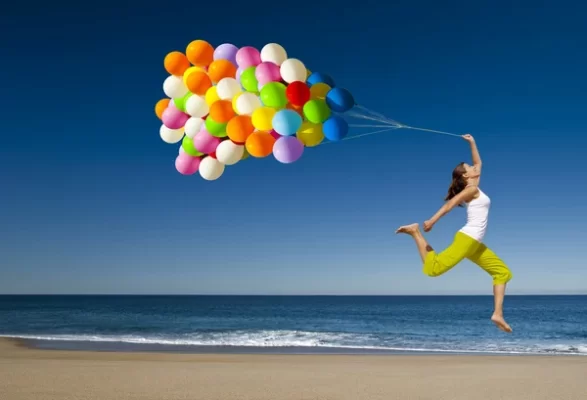
Freedom and happiness are highly correlated, then; even more significant, several studies have shown that freedom causes happiness.
“I am no bird; and no net ensnares me: I am a free human being with an independent will.” ― Charlotte Brontë, Jane Eyre
Everybody loves freedom but being happy or unhappy about it is a choice you need to make. Is happiness really a choice? Yes! Many happy people realize happiness is a choice and it’s up to them to intentionally choose it every single day. Happy people are not held hostage by their circumstances and they do not seek happiness in people or possessions.
Freedom is therefore necessary for the individual pursuit of happiness. So, freedom trumps happiness. Freedom may be negative or positive – freedom from constraints on our choices and actions, and freedom to grow, to determine who and what we are, and to form ourselves.
Freedom allows us the opportunity to pursue happiness while ensuring our rights are protected at all times; this includes things like religious freedom and speech rights as well as many others that have been granted under law throughout history. Right to vote is one of the major ones which liberates you as you are going to make a contribution towards choosing the Government.
How much does freedom contribute to the state of being happy? The study indicated that the belief in free will was positively correlated with global subjective happiness (r = 0.56) and life satisfaction (r = 0.59) among adults (N = 44).
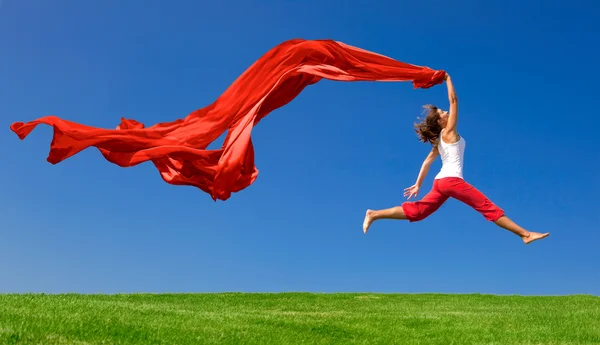
Does freedom really hold the key to happiness? Not really! It all depends on how effectively and efficiently you handle it. Like happiness, there are several dimensions to freedom also. For people like me, freedom was given. It was a no-hold life concerning managing my time and resources, the lifestyle I wanted to enjoy. Suddenly, motherhood, which was a divine aspect of life in all respects, as I was going to create … made a big dent in my freedom. I was happy rather ecstatic that I was a mother now, the doll in my hands had life… that moved my world. But yes, there was no freedom to sleep, eat or read. I could not visit my friends for long, forget attending parties, or could not even undertake my favourite morning and evening walks. Life had come to a standstill, but I was loving it. There was no freedom but there was happiness.
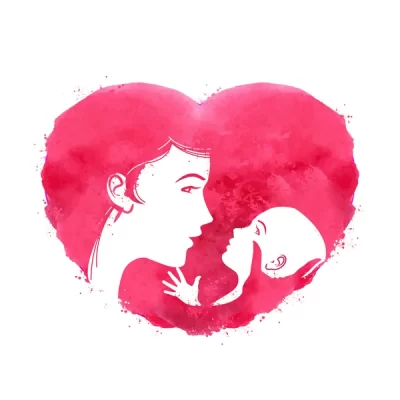
After a period of time, I realized something very interesting about how these changes were making me feel. I discovered that by losing my unlimited and unrestrained freedom, I had gained a deeper appreciation and joy for life and the simple things.
I was the one who always believed that my abundant freedom made me happier, now this belief of mine had taken a beating. What I found, though, was that it was actually the restraints in my life that provided the “light and shade”, which enhanced my experiences and left me happier and more satisfied with my life. This concept I came to understand as the “paradox of freedom”.
Probably, our upbringing of those times, where freedom was restricted, helped us when the scenario demanded it (motherhood). As time elapsed, and you start exercising freedom of movement, travel, eating, sleeping, or socializing, your heart yearns, how I wish there was someone who checked on you, “When you will be home.”
This way there is no set formula to correlate happiness and freedom.
It’s the darkness that allows you to appreciate the light. It’s the times of scarcity that allow you to savour the good and abundant times. It’s your limitations that drive you to focus, think creatively, and problem-solve. It’s your restrictions that allow you to build desire, appreciation, and enjoy.
So, exercise freedom, acquire happiness, and HappyHo.


